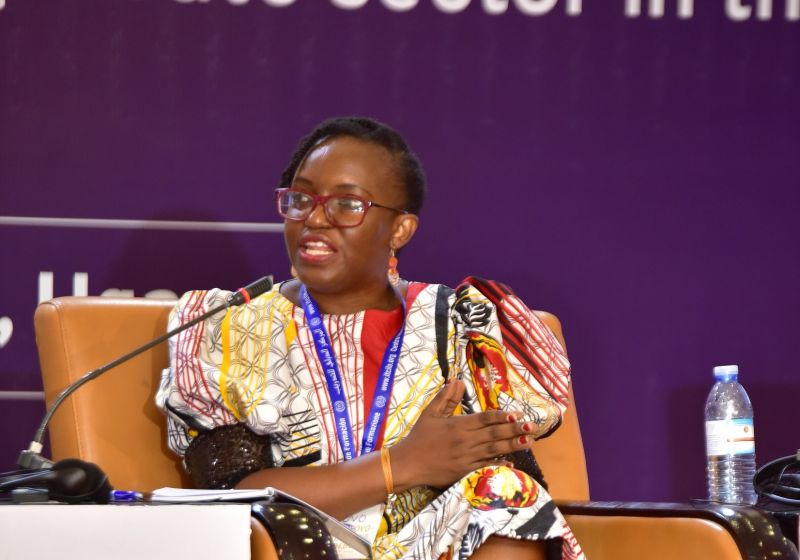The United Kingdom government, under its Propcom+ program, has set aside 95 million pounds to improve climate-smart agricultural practices and increase incomes for four million smallholder farmers by addressing environmental, social, and economic challenges in the food system.
The Propcom+ Country Representative, Dr. Adiya Ode, made this disclosure in Dutse, Jigawa State, during a meeting with civil society organizations and media, stating that the Foreign, Commonwealth, and Development Office (FCDO)-funded climate and agriculture program will cover several states in the country.
The Propcom+ program was announced by the UK’s Foreign Secretary, James Cleverly, to build on the success of the UK government’s investment in agriculture through the Propcom Mai-karfi program, which ended in March 2022 after supporting over 1.25 million people.
US Advocates for Water Management to Combat Hunger in Nigeria
Dr. Adiya explained that the Propcom+ project is set to support sustainable economic growth, improve climate resilience, and increase incomes for smallholder farmers by addressing challenges in the country’s food and land-use systems.
She pointed out that the project will span eight years, adding that the FCDO has approved the release of 55 million pounds for the first three years of the project, subject to review and meeting set targets.
CGIAR, IITA, FAO Others Make Case for Spread of Agricultural Innovation
“The program aims to support up to four million people, with 50% of them being women, to adopt and scale sustainable agricultural practices that increase productivity, income, and climate resilience while reducing emissions and protecting natural ecosystems.”
“It will do this by working through strategic market actors to increase the productivity of smallholder farmers, improve nutrition and food security, enhance climate resilience, pursue lower emissions, and protect and restore nature, while also tackling some of Nigeria’s underlying drivers of conflict and insecurity,” Ode said.



